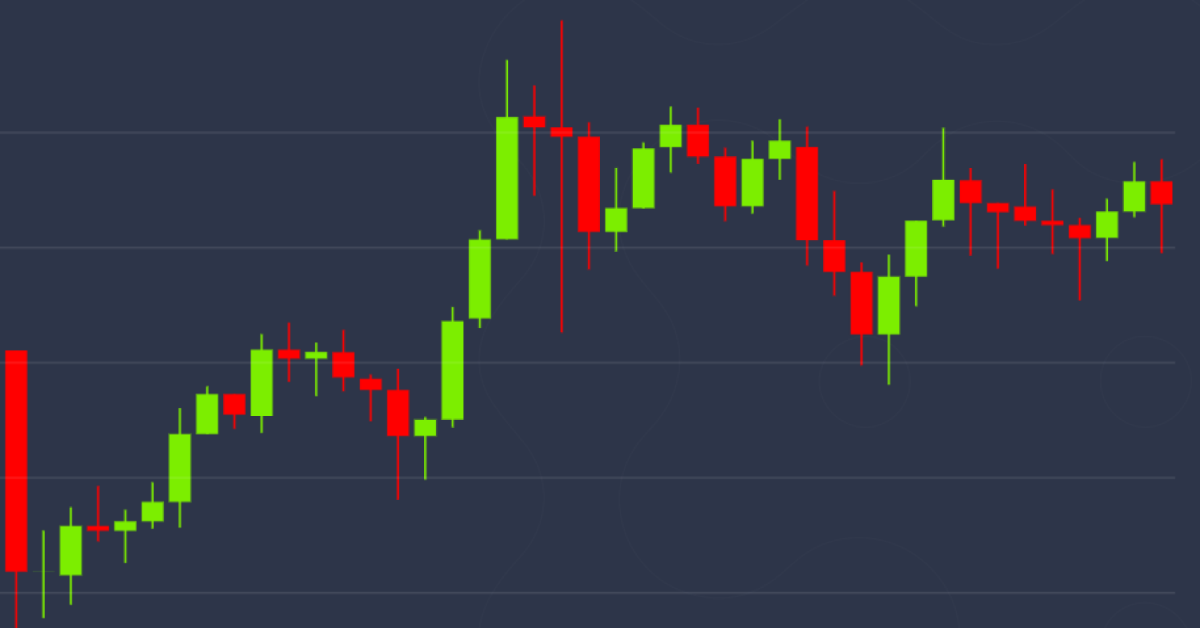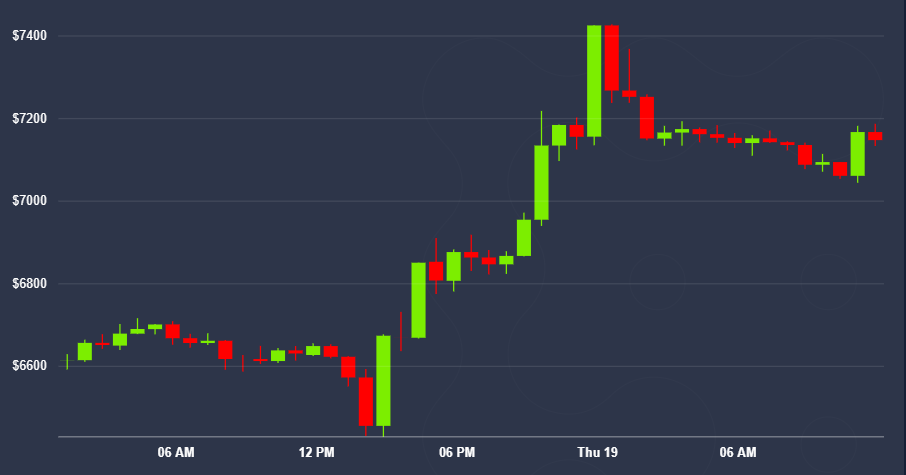Oil’s Been More Volatile Than Bitcoin for Nearly 2 Months, Data Shows
Oil’s Been More Volatile Than Bitcoin for Nearly 2 Months, Data Shows
Since oil futures crashed earlier this week – some hitting negative prices for the first time ever – the crypto world has been enjoying the fact that bitcoin suddenly appeared to be a relatively stable asset.
Markets were shocked when the May futures contract on the West Texas Intermediate (WTI) crude, the main oil benchmark for the U.S., crashed Monday on fears arising from massive oversupply due to the effects of the coronavirus measures.
A day later, the June contract tumbled more than 43 percent to a 21-year low of $11.57 a barrel. Bitcoin, though, barely flinched and held within its recent trading range between $6,400 and $7,400.
But, according to data from CryptoCompare, bitcoin has outshone oil for far longer than just a few days when it comes price stability. In fact, “black gold” first started showing greater volatility – that is, the degree of fluctuation in the price of an asset – in early March, and has largely remained higher in April.
CryptoCompare graphed 14-day rolling volatilities for oil, bitcoin, gold and the S&P 500. A volatility above 5 percent for 14 days translates to 25 percent or more on an annualized basis.
“The more volatile, the bigger the percentage move, the riskier the asset (regardless of the direction),” the firm told CoinDesk in an email.

While bitcoin was the “riskiest” – most volatile – asset of the four contenders at the start of the year, in early March, oil surged to levels above 0.10, and even as high as 0.15 later in the month.
“As the year progressed, the disagreement between OPEC and Russia, coupled with negative demand shock caused the oil price to collapse, making it riskier than bitcoin,” said James Li, analyst at CryptoCompare.
Bitcoin’s volatility surge came soon after and is likely associated with the “Black Thursday” crash on March 12, which saw the cryptocurrency plunge to as low as $3,867 as all markets suffered from coronavirus-related shocks.

While both assets have since seen volatility drop, it doesn’t appear oil’s price gyrations have come to an end yet.
“Without any significant catalysts for demand, there’s nowhere to put oil,” said Daniel Masters, chairman of CoinShares, a U.K.-based digital asset management firm. Continued problems with the oil futures market could be on the horizon because of there’s a shortage facilities for oil, according to Masters. “The worst isn’t over yet, the May contract just got rolled into June this week, and when June contracts expire, it will be absolute carnage.”
The June WTI contract is currently trading at about $16.60.
So what’s the safe haven in the storm of volatility? Gold is the least volatile of the four assets compared, according to the chart, never crossing 0.05. CryptoCompare’s Li is concerned even cash may prove inflationary given the massive stimulus efforts so far. And it appears more is on the way in the U.S. after the Senate passed another stimulus bill later approved by the House of Representatives. If signed by President Trump, it will pump billions of dollars more into the economy.
“Under these circumstances, we may see a shift to assets that cannot be perpetually diluted instead of papering over the cracks. For the moment cash is the only port in the storm, but that may prove to be a false hope in the mid to long term,” said Li.
Disclosure Read More
The leader in blockchain news, CoinDesk is a media outlet that strives for the highest journalistic standards and abides by a strict set of editorial policies. CoinDesk is an independent operating subsidiary of Digital Currency Group, which invests in cryptocurrencies and blockchain startups.









